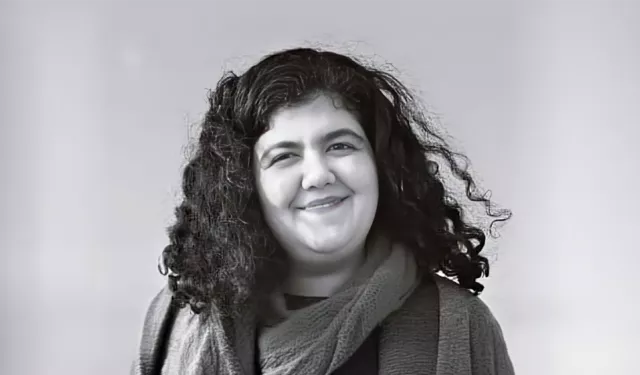Egypt’s Supreme State Security Prosecution has refused a request to transfer activist and translator Marwa Arafa from 10th of Ramadan Prison 4 to a hospital after her health deteriorated. Her lawyer said Tuesday that the decision has raised concerns over her right to medical care.
Prosecutors justified the rejection by saying Arafa’s case is currently before a criminal court, which they argued has sole authority to rule on the conditions of detainees, according to her lawyer, Mokhtar Mounir.
Mounir told Al-Manassa that the defense team is preparing a formal complaint to submit to the prosecutor general’s office, demanding that Arafa be admitted to a specialized hospital. He noted that the office’s international cooperation department is tasked with overseeing the welfare of prisoners, regardless of whether their cases are under judicial review.
On Monday, Mounir wrote on Facebook that Arafa’s health had worsened in recent weeks. Arafa’s mother discovered during a routine prison visit on Aug. 16 that her daughter was “suffering from severe exhaustion and struggling to move and breathe,” he explained.
According to her mother, Arafa collapsed in her cell on Aug. 13 and was briefly admitted to the prison hospital. Initial assessments suggested a pulmonary embolism, later ruled out.
A prison doctor diagnosed her with a blood clot, severe anemia and numbness in her upper body.
A list of symptoms that closely align with those of a pulmonary embolism suggests that the life-threatening nature of her condition remains unchanged despite the downgraded diagnosis.
Arafa spent one night at the prison hospital before being returned to her cell due to lack of adequate care, her lawyer said. The prison provided an oxygen cylinder and temporary medication, but once the oxygen ran out, her condition deteriorated again.
Her mother was asked to supply additional medicine and medical devices to monitor her blood pressure and sugar levels.
Mounir appealed for urgent intervention to save her life, stressing that Arafa has been separated from her daughter since the child was only 18 months old.
“Her continued detention in these conditions is a violation of human dignity as much as it is of the law,” he said.
Arafa, detained since 2018, was referred to trial in December 2024 along with 39 others in case No. 1018/2024, facing charges of “joining a terrorist group and financing terrorism.”
The Revolutionary Socialists movement said at the time of her arrest, more than five years ago, that she was targeted for “helping families of political prisoners with food and clothing.”
In July of the same year, Cairo’s terrorism court rejected defense requests and adjourned the case to Oct. 18, while extending the detention of all defendants.
Throughout her nearly six years in pretrial detention, local and international rights groups have repeatedly called for her release, citing Egyptian law that sets a maximum limit of two years for pretrial custody.
The Egyptian Initiative for Personal Rights (EIPR) said Arafa’s mother twice petitioned the Interior Ministry and the National Council for Human Rights to improve her conditions and restore her right to study and work.
Both requests were ignored. The group described her case as “open-ended detention with no foreseeable resolution.”
